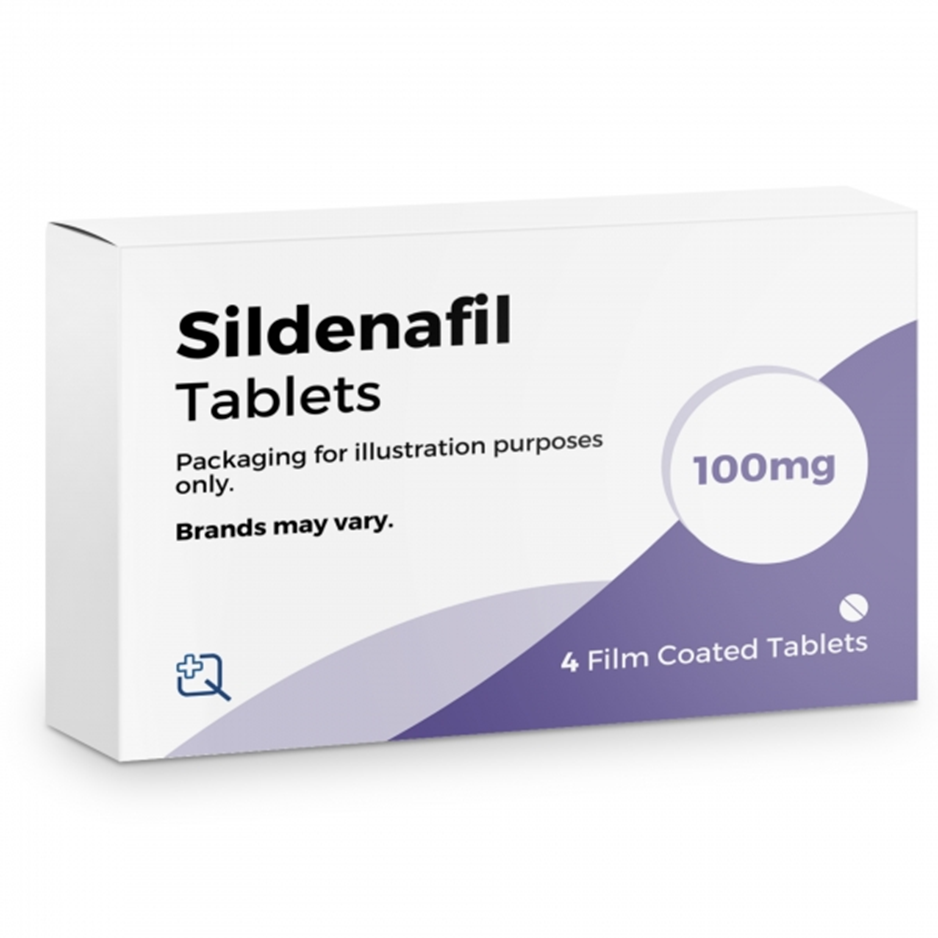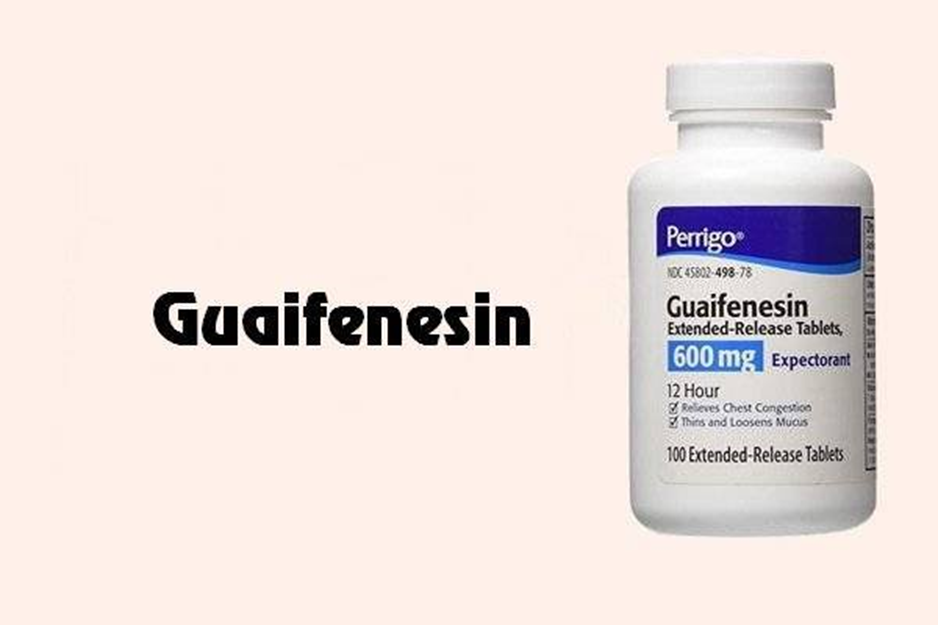After starting treatment for type 2 diabetes mellitus 6 months earlier, a patient is in the office for a follow-up examination. The nurse will monitor which laboratory test to evaluate the patient's adherence to the antidiabetic therapy over the past few months?
Hemoglobin A1C level
Serum insulin level
Fingerstick fasting blood glucose level
Hemoglobin level
The Correct Answer is A
Choice A reason: This is correct because hemoglobin A1C level reflects the average blood glucose level over the past 2 to 3 months. It is a reliable indicator of the patient's glycemic control and adherence to the antidiabetic therapy. The goal for most patients with type 2 diabetes is to keep the hemoglobin A1C level below 7%.
Choice B reason: This is incorrect because serum insulin level is not a good measure of the patient's adherence to the antidiabetic therapy, as it may vary depending on the type, dose, and timing of the insulin or oral antidiabetic agents. Serum insulin level may also be affected by other factors, such as stress, infection, or exercise.
Choice C reason: This is incorrect because fingerstick fasting blood glucose level only reflects the blood glucose level at a single point in time. It does not provide information about the patient's long-term glycemic control or adherence to the antidiabetic therapy. Fingerstick fasting blood glucose level may also be influenced by the patient's diet, activity, or medication intake before the test.
Choice D reason: This is incorrect because hemoglobin level is not related to the patient's adherence to the antidiabetic therapy, as it measures the amount of oxygen-carrying protein in the red blood cells. Hemoglobin level may be affected by conditions such as anemia, dehydration, or blood loss.
Nursing Test Bank
Naxlex Comprehensive Predictor Exams
Related Questions
Correct Answer is D
Explanation
Choice A reason: This is incorrect because sildenafil and nitrates do not affect each other's effectiveness, but rather their side effects. Sildenafil is a phosphodiesterase-5 inhibitor that enhances the effect of nitric oxide, which causes vasodilation and increases blood flow to the penis. Nitrates are vasodilators that also increase nitric oxide levels and reduce the workload of the heart.
Choice B reason: This is incorrect because sildenafil and nitrates do not cause a significant increase in pulse rate, but rather a decrease. This is because the vasodilation caused by both drugs lowers the blood pressure and the cardiac output, which reduces the heart rate.
Choice C reason: This is incorrect because sildenafil and nitrates do not increase the risk of bleeding, unless they are combined with other drugs that affect the blood clotting process, such as anticoagulants or antiplatelets.
Choice D reason: This is correct because sildenafil and nitrates can cause a significant decrease in blood pressure when taken together, as they both cause vasodilation and increase nitric oxide levels. This can lead to hypotension, dizziness, fainting, or even a heart attack or stroke. The patient should avoid taking sildenafil and nitrates within 24 hours of each other.

Correct Answer is B
Explanation
Choice A reason: Benzonatate is not the correct answer. Benzonatate is a cough suppressant that works by numbing the throat and lungs. It does not help in the removal of mucus.
Choice B reason: Guaifenesin is the correct answer. Guaifenesin is an expectorant that works by thinning and loosening the mucus in the airways. It helps in the removal of mucus by making it easier to cough up.

Choice C reason: Diphenhydramine is not the correct answer. Diphenhydramine is an antihistamine that works by blocking the effects of histamine, a chemical that causes allergy symptoms. It does not help in the removal of mucus.
Choice D reason: Dextromethorphan is not the correct answer. Dextromethorphan is a cough suppressant that works by affecting the signals in the brain that trigger the cough reflex. It does not help in the removal of mucus.
Whether you are a student looking to ace your exams or a practicing nurse seeking to enhance your expertise , our nursing education contents will empower you with the confidence and competence to make a difference in the lives of patients and become a respected leader in the healthcare field.
Visit Naxlex, invest in your future and unlock endless possibilities with our unparalleled nursing education contents today
Report Wrong Answer on the Current Question
Do you disagree with the answer? If yes, what is your expected answer? Explain.
Kindly be descriptive with the issue you are facing.
